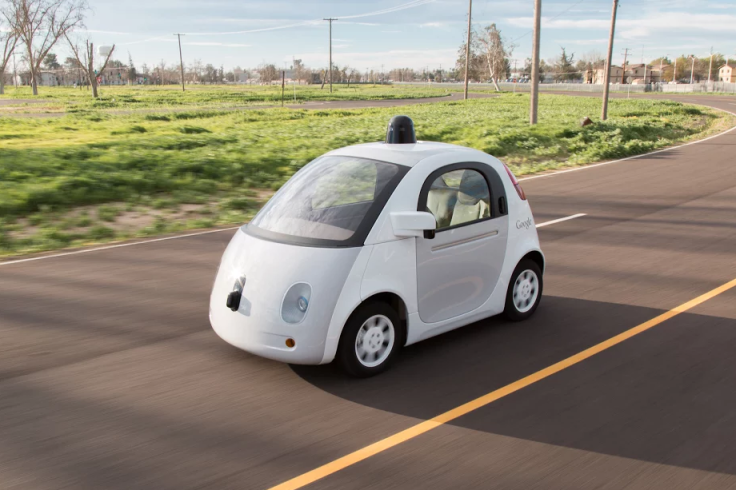Car companies are 'not even close' to full autonomy, says Toyota research chief
Gill Pratt, CEO of Toyota Research Institute says truly autonomous cars are a long way from reality.
Autonomous cars capable of driving themselves with the same skill as a human are "not even close", one motoring company executive has said, pouring cold water on some of the bolder claims made by car companies like Tesla.
Speaking at the CES technology show in Las Vegas, Gill Pratt, chief executive of Toyota Research Institute, said that the entire automotive industry is "not even close" to launching a car with Level Five autonomy.
Level Five, the highest theoretical level of autonomy, is where a vehicle can drive itself with the same skill as a human. The vehicle has no conventional controls, like a steering wheel and pedals, and is similar to the pod-like cars currently being developed by Waymo, the autonomous car company owned by Alphabet, parent of Google.
Pratt added that it "will take decades to have a significant portion of US cars operate at Level Four autonomy or higher." Level Four is where a car can fully drive itself without handing over to a human, but not in every scenario.

Ford says it plans to have Level Five vehicles available for customers to take autonomous rides in by 2021, while Tesla believes it will begin selling cars with the same level of intelligence in 2018. Tesla recently published a video showing a modified Model X drive itself through a town centre and find itself a parking space with no human interaction.
But Pratt believes such vehicles are many years away from a commercial launch. "Level Four cars will be on the road in 2020 operating in certain environments," he said. "[But] it's going to take many years of machine learning and many more miles than anyone has logged to achieve Level Five autonomy." For context, in October 2016 Google's car project, now called Waymo, announced it had logged two million miles of autonomous driving on public roads.
A big issue, Pratt explained, was how humans have zero tolerance for machines making mistakes. Where human error is accepted as causing the majority of deaths and injuries on the road, either by recklessness or genuine mistake, a crash caused by a machine will have far greater psychological consequences.
Pratt asked: "What if the machine was twice as safe as a human-driven car and 17,500 lives were lost in the US every year? Would we accept such autonomy?".
Even vehicles with Level Three and Level Two autonomy, where the car expects the driver to be paying attention and ready to take control with a few seconds' notice (Level Three) or instantly (Level Two), can be problematic, Pratt warned. A potential solution is Toyota's Yui system, demonstrated at CES this week, which acts as a conversation channel between an autonomous vehicle and its passengers, helping to subtly keep their attention and keep them aware of what the car is doing.
© Copyright IBTimes 2025. All rights reserved.






















